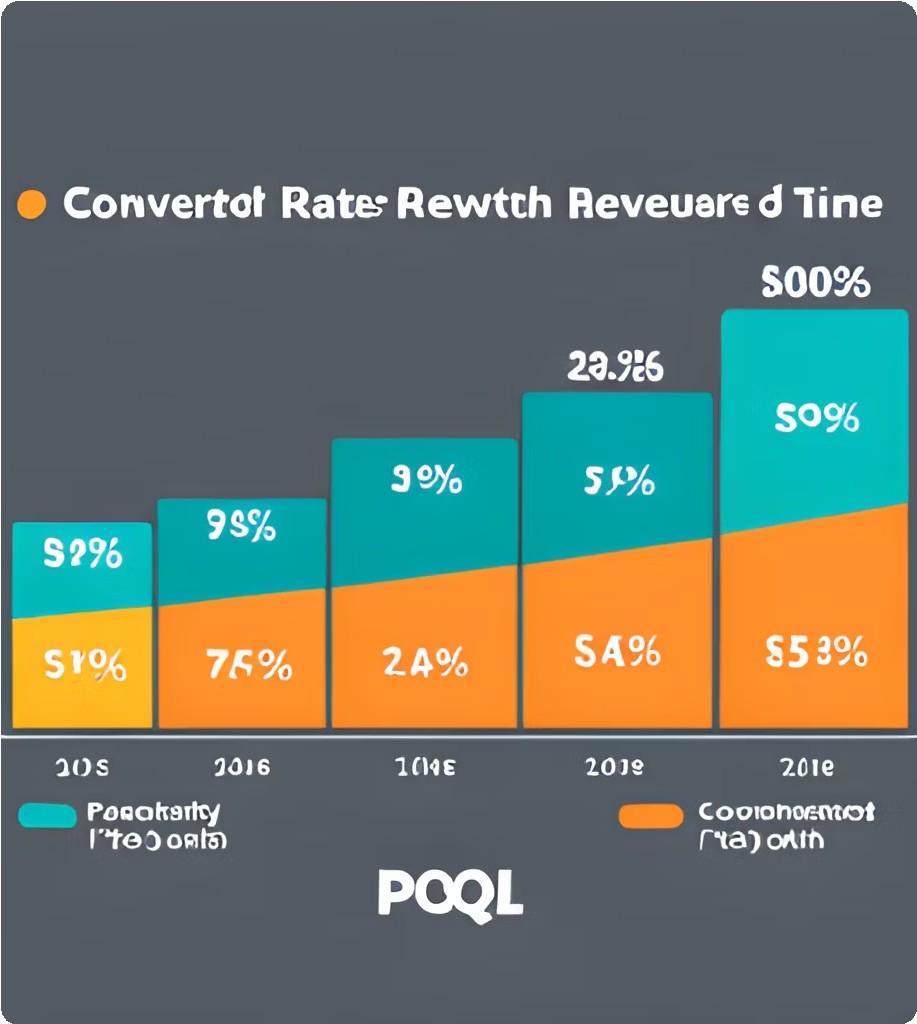PQL Sales Acceleration


1.Introduction
2. W hat is PQL?
3. W hy PQL Sales Accelerat ion?
4. PQL Sales Acceleration Strategies
5. M easuring Success
6. Conclusion
I n t r o d u c t i o n
Good afternoon everyone! Today, I am thrilled to introduce you to a game-changing concept in the world
of sales - PQL Sales Acceleration!
As businesses continue to grow and evolve, so do their
sales strategies. And that's where PQL comes in. It
stands for Product Qualified Lead, which is a lead that
has already experienced your product or service and is
therefore more likely to convert into a paying customer.
By leveraging PQLs, businesses are able to accelerate
their sales cycles and drive revenue growth like never before!

Wha t i s PQL ?
A Product Qualified Lead (PQL) is a lead that has demonstrated a strong interest in your product or
service through their actions, such as signing up for a
free trial or attending a product demo. PQLs are different
from Marketing Qualified Leads (MQLs), which are leads
that have shown interest in your product through more
passive means, such as filling out a form on your
website.
The key difference between PQLs and MQLs is that
PQLs have already engaged with your product, while
MQLs may still be in the research phase. By focusing on
PQLs, you can prioritize your sales efforts on leads that
are more likely to convert into paying customers.

W h y P Q L S ale s
A cc e le ratio n ?
PQL sales acceleration strategies offer a number of

benefits to businesses. By focusing on product qualified leads, companies can increase revenue, improve
customer satisfaction, and reduce sales cycles.
According to a recent study, businesses that use PQL
strategies have seen a 30 % increase in revenue and a
20 % reduction in sales cycles.
One of the key advantages of using PQLs is that they are more likely to convert to paying customers than MQLs.
This is because PQLs have already demonstrated an
interest in the product by using it or engaging with it in some way. In fact, studies show that PQLs have a
conversion rate that is 4 times higher than MQLs.
Additionally, PQLs tend to have a higher lifetime value
than MQLs, meaning they are more likely to become repeat customers and generate more revenue over time.
PQL Sales Accelerat ion
S tr ategie s
One effective PQL sales acceleration strategy is offering
product demos. By allowing potential customers to
experience the product firsthand, they can better
understand its value and are more likely to make a
purchase. For example, a software company could offer
a free demo of their product with limited features to
entice users to upgrade to the full version.
Another strategy is providing free trials. This gives
potential customers the opportunity to fully test out the

product before committing to a purchase. For instance,
a streaming service could offer a free trial period to new users, allowing them to explore the platform's features
and content offerings before deciding whether or not to subscribe.
M eas u r ing
Su cces s
Measuring the success of PQL sales acceleration strategies involves tracking metrics such as conversion
rates, customer retention, and revenue growth. By analyzing these metrics, businesses can identify areas
for improvement and optimize their strategies.
Conversion rate is a key metric to track, as it measures

the percentage of PQLs that become paying
customers. By improving the conversion rate,
businesses can increase their revenue and reduce their
sales cycles.
Customer retention is also important, as it indicates how
satisfied customers are with the product or service.
Finally, revenue growth is a measure of overall business
success and can be used to evaluate the effectiveness of PQL sales acceleration strategies.
C o n c lu s io n
In conclusion, implementing PQL sales acceleration strategies can have a significant impact on your
business. By using product qualified leads, you can increase revenue, improve customer satisfaction, and reduce sales cycles. This approach allows you to focus on the most engaged and interested prospects, leading to higher conversion rates and better overall results.
To ensure success with PQL sales acceleration, it's important to measure and optimize key metrics such as
conversion rates, customer retention, and revenue growth. By tracking these metrics and making adjustments as needed, you can continue to improve your results over time.
We encourage you to consider implementing PQL sales
acceleration strategies in your own business. By doing so, you can stay ahead of the competition and achieve greater success in today's fast-paced marketplace.

